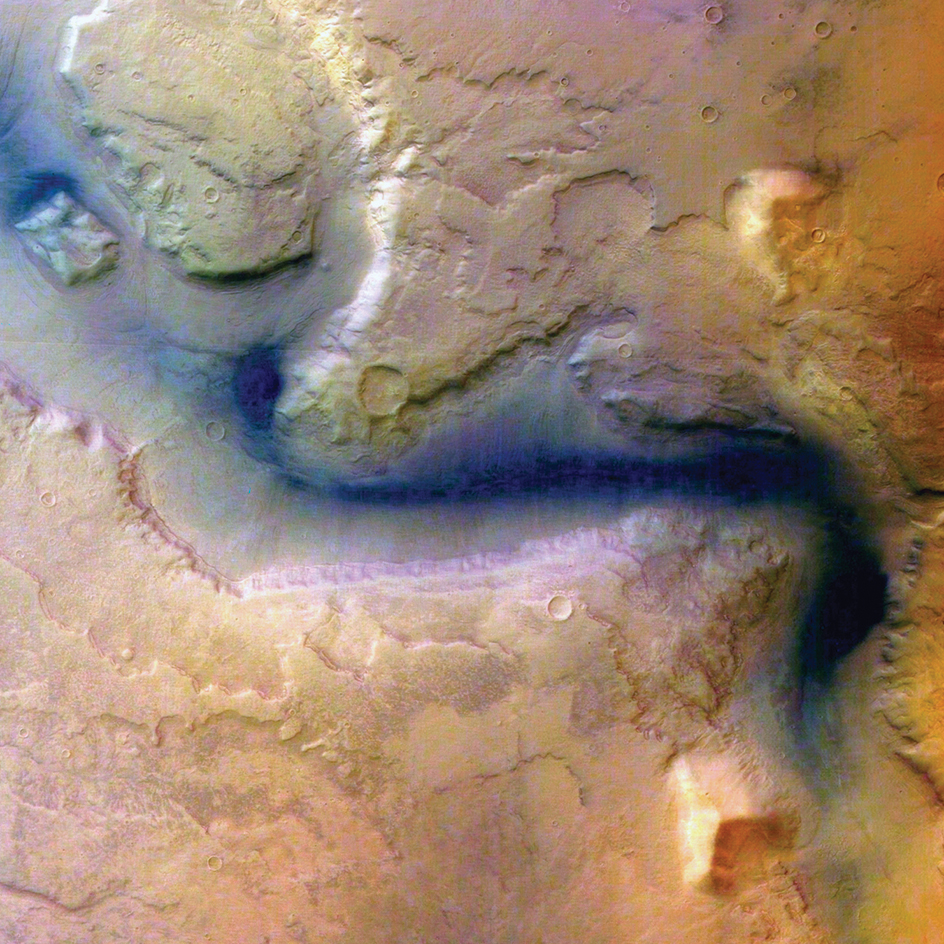Astrobiology is the search for and study of life in the universe. It combines elements of astronomy, biology, geology, and other sciences to study the origin, distribution, and evolution (development) of life, including life on Earth and any life that may exist elsewhere. Although human beings know of no life besides that on Earth, astrobiology provides a scientific means of determining whether and where such life might exist. It involves analyzing the effect cosmic events and circumstances had on life on Earth. It also helps us understand humanity’s role, and Earth’s place, in the universe.
The scientific search for life beyond Earth relies on the study of known life and the conditions that make life possible. For example, scientists have found that no known life can exist without liquid water. However, they have also discovered organisms called extremophiles that can exist in surprisingly extreme conditions. For example, some organisms can live at high temperatures of about 250 °F (121 °C). Scientists have also realized that not all life needs light or food as a direct energy source. Some organisms get their energy from other sources, such as chemical reactions between water and rock.

The exploration of our solar system has helped scientists learn which planets and moons might support life. Many astrobiologists rank the planet Mars and Europa, a moon of Jupiter, as two of the most likely candidates. Both bodies have or once had liquid water beneath their surfaces, and both have chemical energy sources that could support life.
Astronomers have also identified planets orbiting other stars. They suspect that there are some planets around other stars that might support life. On Earth, life has altered the composition of the atmosphere through the release of certain gases, such as oxygen and methane. Astrobiologists hope to detect such biological indicators or biosignatures in the atmospheres of distant planets using space-based telescopes.
